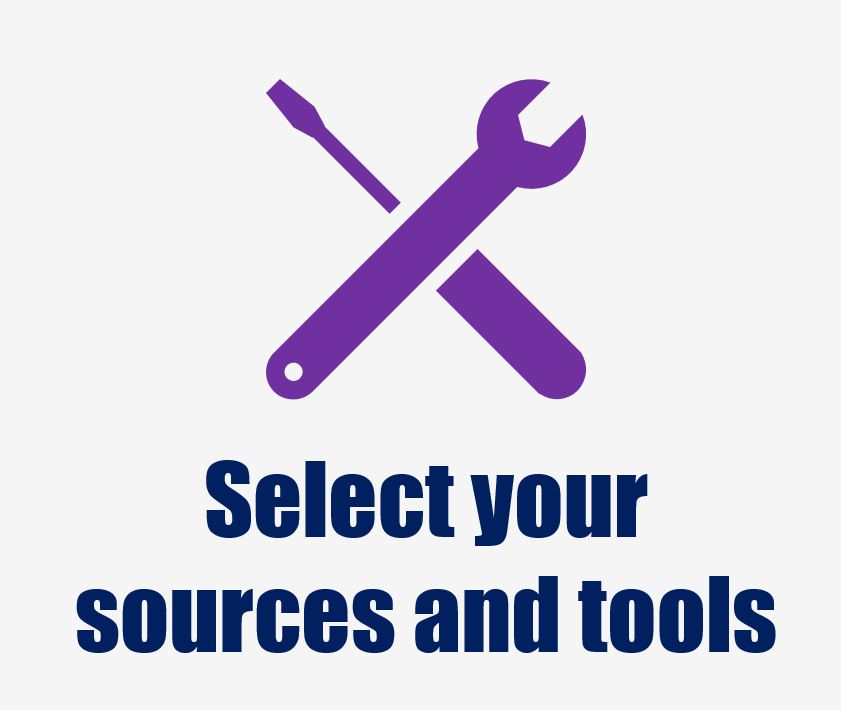Measuring outcomes requires a mix of qualitative and quantitative data. Here you will find some commonly used tools to measure a variety of outcomes. It may take time to collect data that will actually tell you something so remember to be realistic; the change may not be that dramatic following one session so you are unlikely to be able to evaluate the whole project on the strength of that.
Start here:
 |
Keeping track of what tools you need and when to use them Project Oracle's Evaluation Plan Template will help you to keep track of which tools you have selected for each outcome. It is recommended you undertake this as you select your tools. |
Multiple Outcome areas
 |
Perform Well A vast amount of tools, templates and methodology, themed around Outcome areas. |
 |
Big Society Capital An excellent resource for understanding outcomes for a range of themes and beneficiaries. |
 |
Outcome Stars Designed by Triangle, these require payment and training but they will tailor the tools to meet your outcomes. |
 |
Young People Brathay Research Hub Evaluation Toolkit (v2) Compiled by the Brathay Trust this fantastic selection of tools will help you to measure Young People's outcomes. |
 |
Outcomes measurement, evaluation and tools for Young People Public Health England's "Measuring and monitoring children and young people’s mental wellbeing: A toolkit for schools and colleges" is packed with the theory and tools required to measure a multitude of outcomes. |
 |
CORC: Outcomes and Tools for Children and Young People An excellent resource for understanding outcomes and adopting tools for Children, Young People and Parents/Carers |
Wellbeing
 |
NEF's Measuring Wellbeing - A guide for Practitioners contains a selection of links, reasoning and guidance for measuring Wellbeing. |
 |
The Warwick-Edinburgh Mental Wellbeing Scale which is widely used. |
 |
Children's Wellbeing This can be measured using NEF's guide and tools |
 |
Parents of Teenage children Perform Well's Life satisfaction and emotional wellbeing survey can measure this defined stakeholder group. |
Self Esteem
 |
Rosenburg's Self Esteem Scale as published by Project Oracle. |
Strengths and Difficulties
 |
Goodman's Strengths and Difficulties Questionairre will measure mental and emotional health outcomes. |
Quality of Life
 |
The Adult Social Care Outcomes Toolkit is referenced throughout the Adult Social Care Outcome Framework and is effective in measuring the Quality of Life outcomes. |
 |
Carers The Adult Carer Quality of Life questionaire is a useful tool for measuring Carer QoL as referenced in the Adult Social Care Outcome Framework |
 |
Learning Disabilities - The Adult Social Care Outcomes Toolkit has produced an Easy Read questionaire, available on request. |
 |
Brain Injury The Quality of Life after Brain Injury measures the QoL outcomes from the Adult Social Care Outcomes Framework. |
Employment - Young People
 |
Inspiring Impact's Journey to Employment (JET) Framework contains outcomes and tools presented in an easy-to-follow way. |
Knowledge - Training
 |
An extensive look at designing and evaluating a training evaluation, from Business Balls |
Observations
 |
Department of Education: Gathering feedback from people who need care and support following direct observations of practice |
 |
Children - Effective Practice: Observation, Assessment and Planning, adapted from the EYFS Framework. |
 |
Learning Disabilities - Jim Mansell's Structured observational research in services for people with learning disabilities |
Bespoke
You may sometimes need to design your own tools to capture outcomes. Here are a few top tips, courtesy of the Charities Evaluation Service's Assessing Change to help you:
If you have decided to develop your own tools, consider carefully:
- the questions you want to ask and when to ask them
- the design and use of your tools so that they collect outcomes information most effectively
- involving other people. When involving colleagues and users in the design or selection of a tool remember to:
- allow sufficient time for their input
- be clear about what you want from them and when
- explain how you plan to involve them. Are you simply consulting them or do you want them to help design the tool?
Here are some more links to help you design your tools:
 |
A Practical Guide to Measuring Soft Outcomes and Distance Travelled |
 |
Developing and using outcomes monitoring tools |
